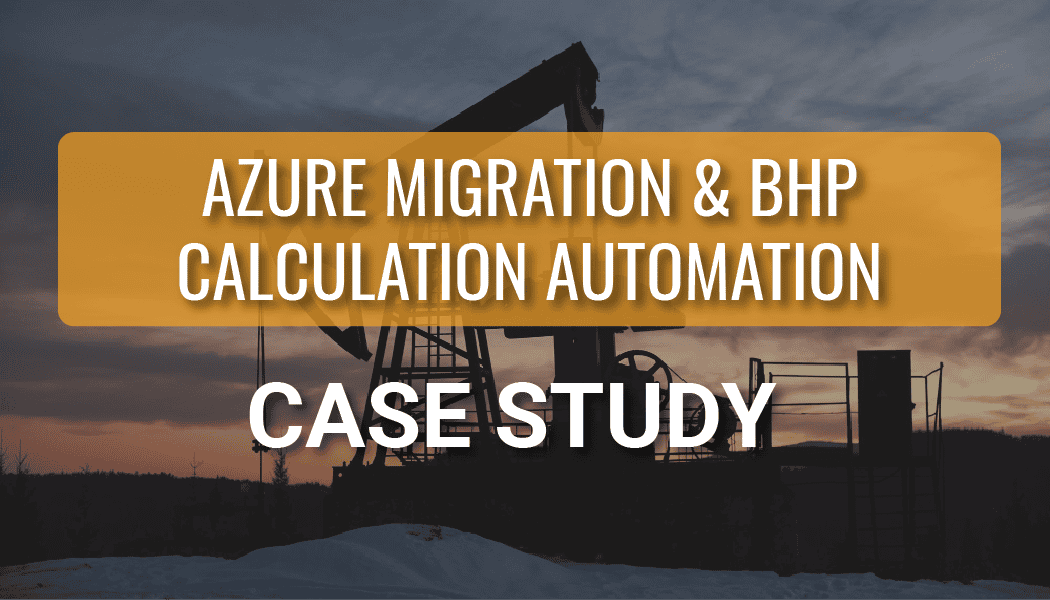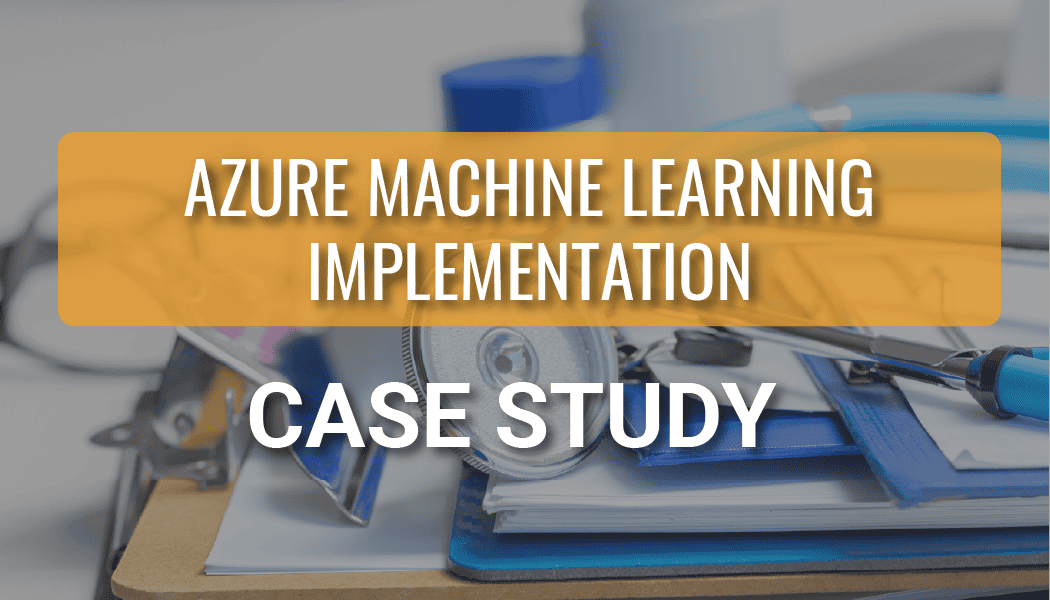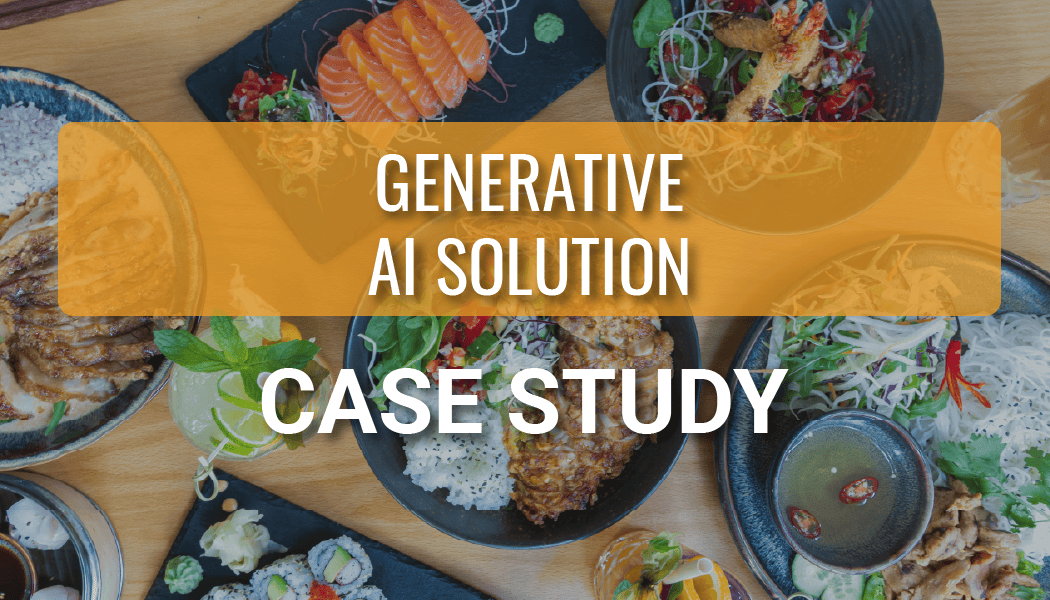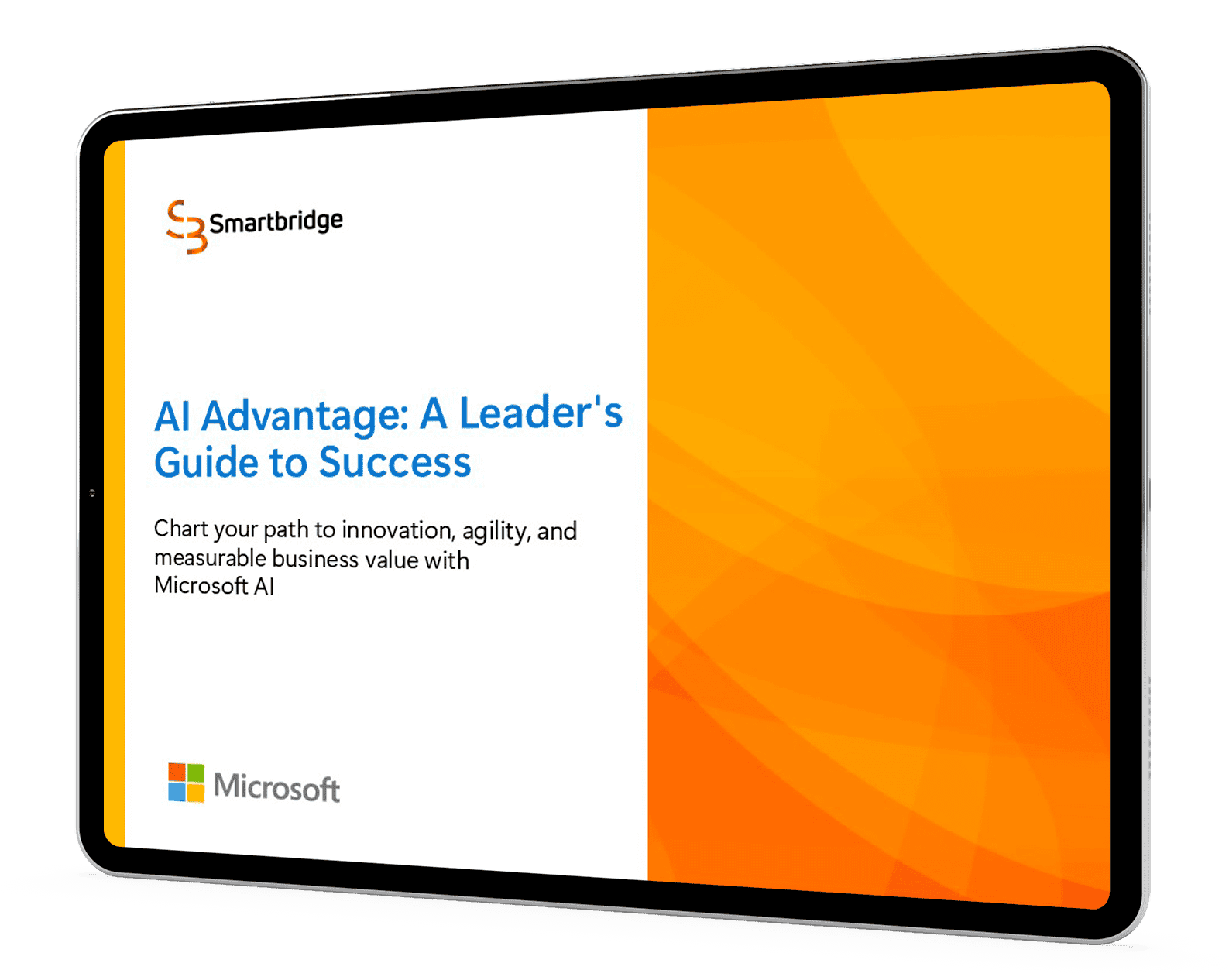AI in Industries: How AI is Creating Real Value in Oil & Gas, Life Sciences, and Food Service
This article breaks down real-world AI use cases in oil & gas, life sciences, and food service. We show how companies are using AI today to minimize costs, improve operations, and make smarter decisions.
Artificial intelligence isn’t just a buzzword. It’s changing how industries solve real problems. Let’s look at how AI is making an impact across oil and gas, life sciences and medical devices, and food service, three very different sectors, all facing the same pressure: do more with less.
Oil & Gas: Smarter Operations, Safer Decisions
Oil and gas companies are under constant pressure. Equipment failure. Fluctuating prices. Risky drilling operations. AI helps solve some of those problems by making operations more predictable and more efficient.
Here’s how companies are applying AI in practical ways:
Predict equipment failures before they happen
Downtime costs money, especially when rigs or pipelines are involved. AI helps spot problems before they cause a breakdown. By analyzing sensor data, AI systems can flag abnormal behavior early.
For example, Shell cut unplanned downtime by 20% using AI to monitor and predict failures in compressors and turbines. Less downtime. More production. Lower costs.
We have extensive experience with Artificial Intelligence
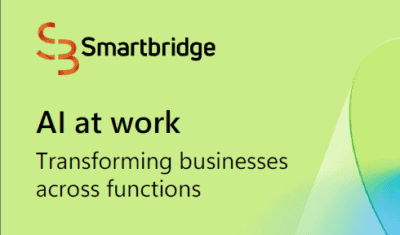
Smarter Supply Chains
AI helps manage inventory, transport, and demand forecasting across oilfield equipment and materials. This leads to faster deliveries and lower costs.
Smartbridge has worked with clients to improve back-office efficiency using AI for invoice processing and asset tracking. These are two areas where manual processes are slow and error-prone.
Speed up pressure calculations
Smartbridge helped an energy company automate Bottom Hole Flowing Pressure (BHP) calculations.
The result?
This isn’t about replacing engineers or field workers. It’s about helping them make smarter decisions, faster.
Life Sciences & Medical Devices: Smarter Forecasts, Improved Patient Experience
In life sciences, time and accuracy are everything. AI is helping companies reduce risks, save time, and make better use of their data.
Here’s where AI is making an impact:
Predict demand more accurately
One global medical device company worked with Smartbridge to implement forecasting using Azure Machine Learning. This let them fix devices before patients were affected and cut maintenance downtime. This improved planning accuracy and reduced excess inventory. (Case study)
Accelerate drug discovery
AI scans massive datasets to identify promising compounds. Pfizer and others are using this to cut research timelines. Less trial and error. More targeted development.
Monitor patients with real-time data
Wearables and connected devices feed AI models that flag issues early. AI doesn’t sleep. It monitors patient data in real time (from pacemakers to glucose sensors) and alerts care teams if something’s wrong. This kind of real-time data saves lives and cuts ER visits.
These use cases aren’t just operational improvements, they directly support better care and stronger product development.
Food Service: Better Experience, Less Waste
In food service, margins are thin and customer loyalty is everything. AI helps operators move faster, reduce waste, and improve the guest experience.
Here’s how restaurants and food service groups are using AI today:
Understand customer feedback at scale
If you manage multiple restaurant brands, collecting and analyzing customer feedback manually is a nightmare. Smartbridge built a generative AI solution that consolidates customer reviews across hundreds of locations and brands. It identifies common issues and gives leadership a clear view of what’s working and what isn’t.
Reduce food waste with better forecasting
Smartbridge helps restaurants use AI to predict demand more precisely. Some fast-casual chains are testing AI that suggests upsells based on order history or even local trends. Others use it to prep high-demand items just before peak traffic. That means:
Personalize the guest experience
AI powers digital ordering systems that remember preferences and suggest items. This drives repeat visits and bigger checks.
These aren’t just technology upgrades. They’re tools for solving real business problems in real time.
AI That Works Starts with a Clear Use Case
AI isn’t magic. It’s a tool. To get results, you need to apply it to a specific business problem like delayed maintenance, long lab cycles, or customer churn. That’s where the real ROI lives. You don’t need to do everything at once. But you do need to start.
Ask yourself:
If those questions hit home, it’s time to explore how AI can help. Smartbridge works with companies across these industries to put AI to work without the hype! Contact us to take your next steps.
Keep Reading: Navigating Rising AI Costs: Strategies for Enterprises
Looking for more on AI?
Explore more insights and expertise at smartbridge.com/ai
There’s more to explore at Smartbridge.com!
Sign up to be notified when we publish articles, news, videos and more!
Other ways to
follow us:


